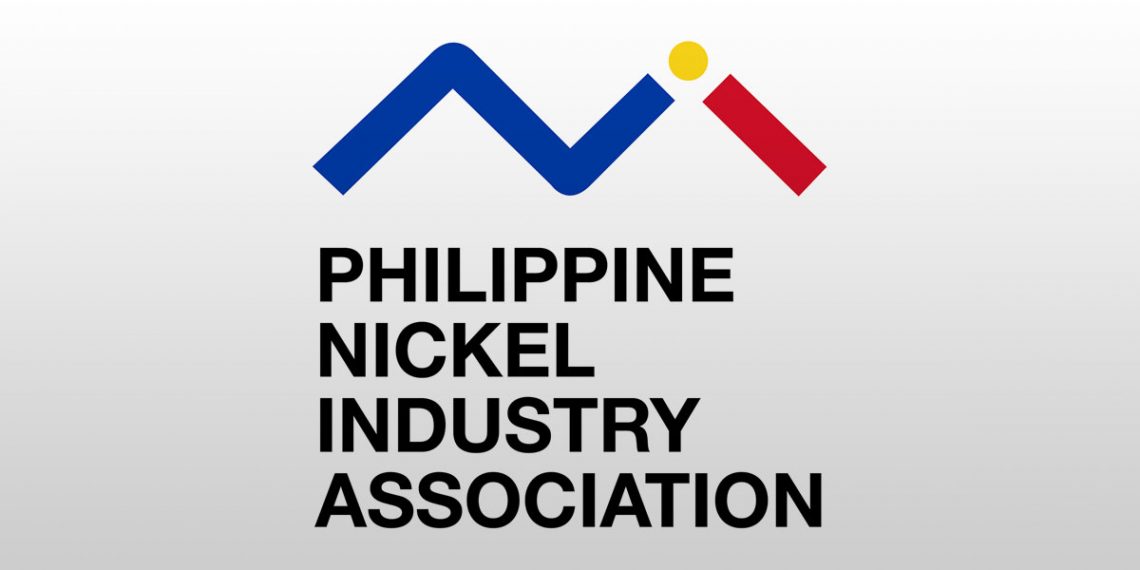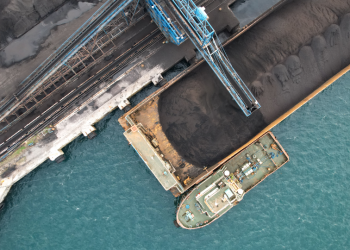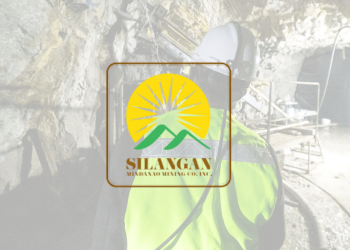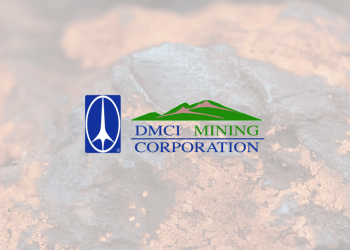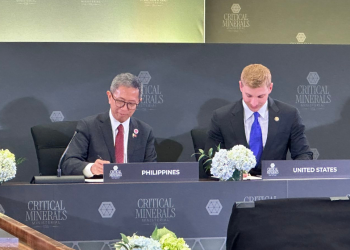The Philippine Nickel Industry Association (PNIA) has welcomed the bicameral committee’s decision to exclude a raw ore export ban from the final version of the Enhanced Fiscal Regime for Large-Scale Metallic Mining Act. It also cited the move as a practical step that supports industry stability and long-term development.
In a statement, PNIA described the decision as “prudent and forward-looking”, adding that it helps protect local jobs, uphold investor confidence, and acknowledges the ongoing challenges surrounding domestic mineral processing.
The group also expressed support for the bill’s updated tax structure, which includes a margin-based and windfall profits tax scheme. PNIA said this approach better reflects actual business performance and aligns with international best practices. Therefore providing greater fiscal predictability and encouraging long-term investment in the sector.
While reiterating its commitment to developing a robust value-added processing industry in the Philippines, PNIA highlighted that meaningful progress requires addressing systemic obstacles. These include things such as high energy costs, underdeveloped infrastructure, regulatory uncertainty, and delays in permitting. These are issues that continue to deter large-scale investment in local mineral processing.
“We thank our policymakers for considering the concerns raised by various stakeholders,” PNIA said, adding that the updated version of the bill strikes a balance between revenue generation and economic stability.
PNIA reaffirmed its commitment to working with government and industry partners to ensure the mining sector contributes to inclusive and sustainable economic growth.
Follow Ang Minero on Facebook and LinkedIn for more updates.



